Introducing Redemption in Christian Feminism
Christianity begins with what appears to be an inclusive promise of redemption in Christ without regard to gender. Paul proclaimed that 'In Christ there is no more male and female.' Yet Christianity soon developed a patriarchal social structure, excluding women from public ministry, with the argument that women were created subordinate in nature and were more culpable for sin. Here, distinguished feminist theologian, Rosemary Ruether, traces the tension between patriarchal and egalitarian patterns in Christian theology historically. She then examines key theological themes--Christology, the self, the cross and future hope--in the light of her critique.
{{comment.content}}
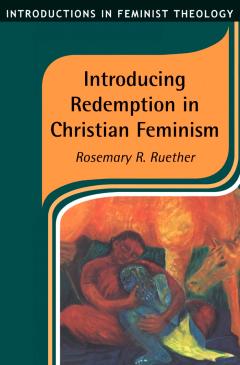

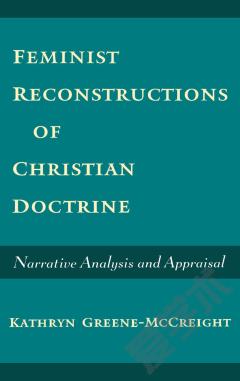
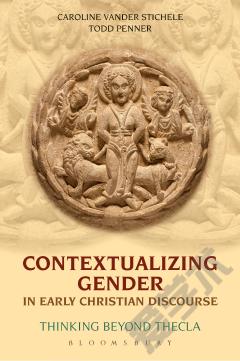

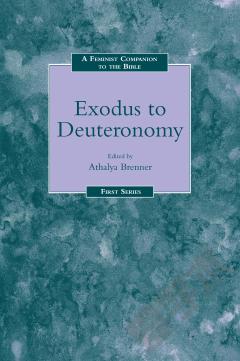
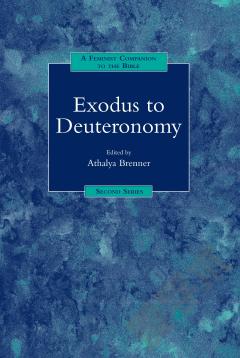

 京公网安备 11010802027623号
京公网安备 11010802027623号